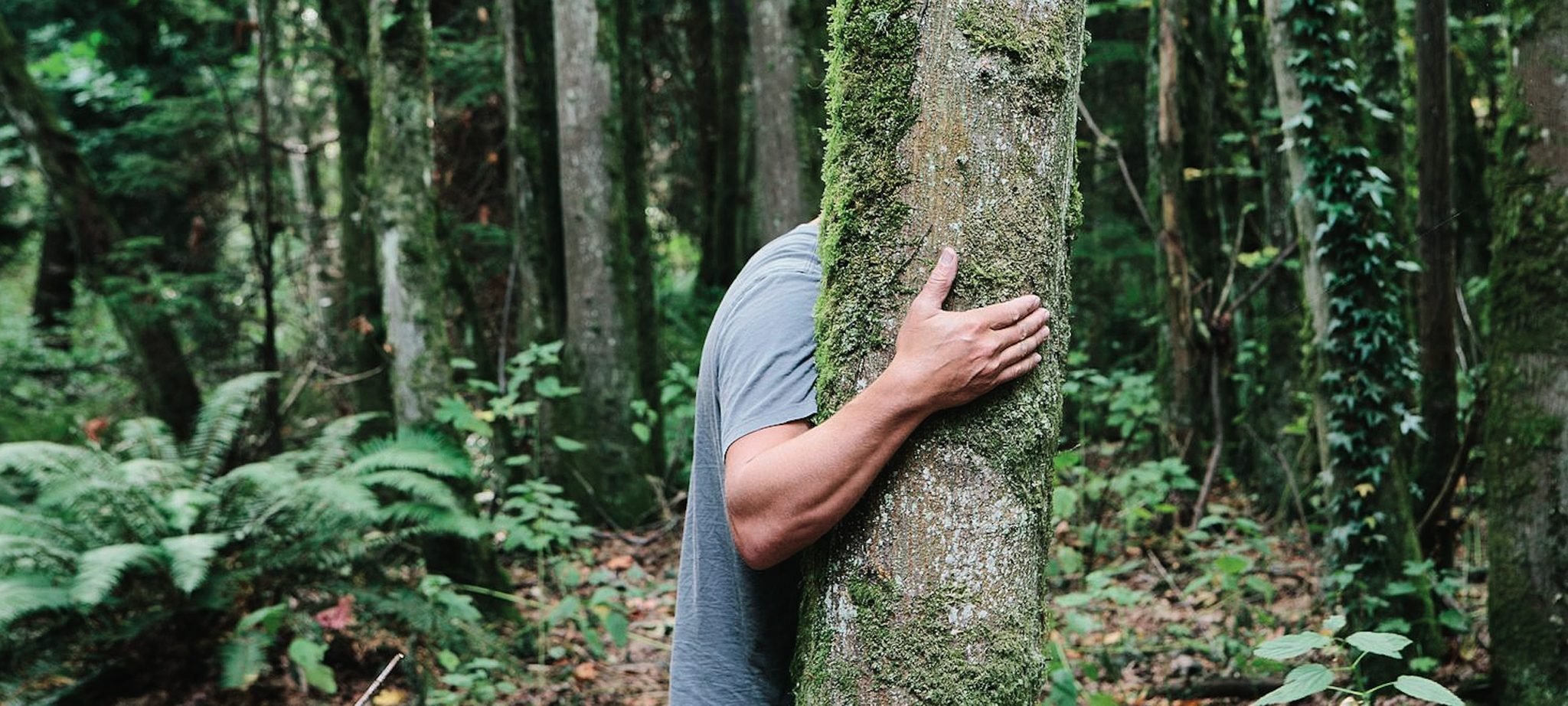Eyes open, eyes closed, it didn’t matter, I saw the same thing: an ant venturing deeper and deeper into a fern. Then somehow I became that ant, in the fern, going deeper and deeper.
This was many years ago in the foothills of the Ecuadorian Andes. The vision was spurred by the juice of San Pedro cactus—a mescaline producer—which a couple companions and I choked down on the banks of a stream that spilled from the surrounding hills.
As the ant, which was me, descended into the greenery, I was flat on my back, feet in the stream, staring up at the tree canopy. But nothing existed outside my mind’s eye. At one point, I tried to remember my name and found I couldn’t. I was no longer the ant. I was no longer me. Whatever I was had briefly merged with the All-One, the Oversoul.
That’s how it felt, anyway.
As I relate the story now, it strikes me as painfully clichéd and self-indulgent. Another gringo tripping on the backpackers’ circuit. How quaint. In the moment, though, it was a profoundly mystical experience. And in the days and weeks that followed, I enjoyed an uncommon sense of well-being. No hangover, only afterglow.
Mysticism and well-being are at the heart of our cover story by Coby McDonald, M.J. ’17, about Berkeley’s new Center for the Science of Psychedelics (BCSP), where researchers from various disciplines will explore drugs similar to the mescaline I imbibed as tools to better understand the brain and improve spiritual and mental health. As neuroscientist and BCSP director Michael Silver told McDonald, “The psychedelic experience shakes up the snow globe. It allows a fresh coat of snow to fall on the mountain.” In the process of understanding how that works, researchers hope psychedelics—now emerging from the long shadow of the ’60s—may also throw some light on the nature of consciousness itself. See “Electric Kool-Aid Peer Review,” p. 24.
That beguiling and elusive subject—consciousness—is also central to Leah Worthington’s piece about the paradoxical neurological condition called blindsight, wherein people with severe damage to their primary visual cortex are able to see but are not conscious of seeing (“Sight Unseen,” p. 32). As Worthington writes, blindsight “is thought to circumvent the primary visual cortex using a more primitive pathway to the brain,” marking a distinction between “conscious and subconscious vision—what we are aware of seeing and what simply arrives in our brains undetected.” If we can illuminate that pathway, we may also “be able to observe the mechanisms of consciousness itself.”
After that, we turn our attention to the pandemic-that-won’t-end and check in with a few of Berkeley’s leading public health experts for their thoughts on what lies ahead, but also to learn what this saga has been like for those in the trenches. The discussion, moderated by Glen Martin, starts on page 38.
There’s a lot more in the issue, of course, including a Q&A with 2021 Nobel laureate economist David Card (p. 49) and an update on the strange peregrinations that have played out atop Sather Tower (p. 9).
I’m also pleased to introduce a brand new section called “Fiat Lux,” which opens on page 59. Produced by our counterparts at University Development and Alumni Relations, it strives to shine a light on the ways in which generous alumni are, in the words of editor Amy Cranch, “supporting students on the path to self-discovery, faculty in making new discoveries, and the buildings that inspire learning, teaching, research, and community.”
I’ll end by reminding readers that California is an editorially independent publication of the Cal Alumni Association, a nonprofit organization dedicated to advancing and promoting the interests of the University of California, Berkeley, by connecting alumni with each other and their alma mater. As for the mission of this magazine, I like to say it’s about the world of Berkeley and about Berkeley in the world. If you graduated from Cal, we want you to be proud this is your alumni magazine—not because it panders, but precisely because it doesn’t. At the same time, if you didn’t graduate from Berkeley and stumble upon a copy, we want you to wish you had.
Let us know how we’re doing. Send correspondence to californiamag@alumni.berkeley.edu. And thanks for reading.



















